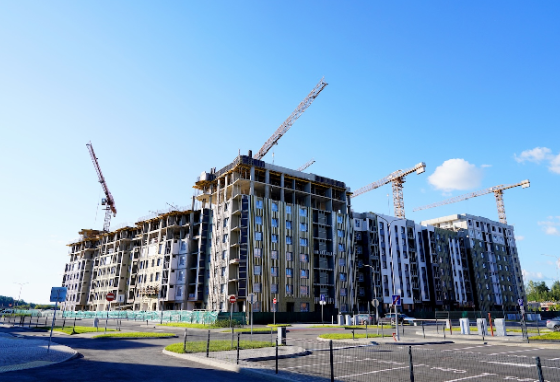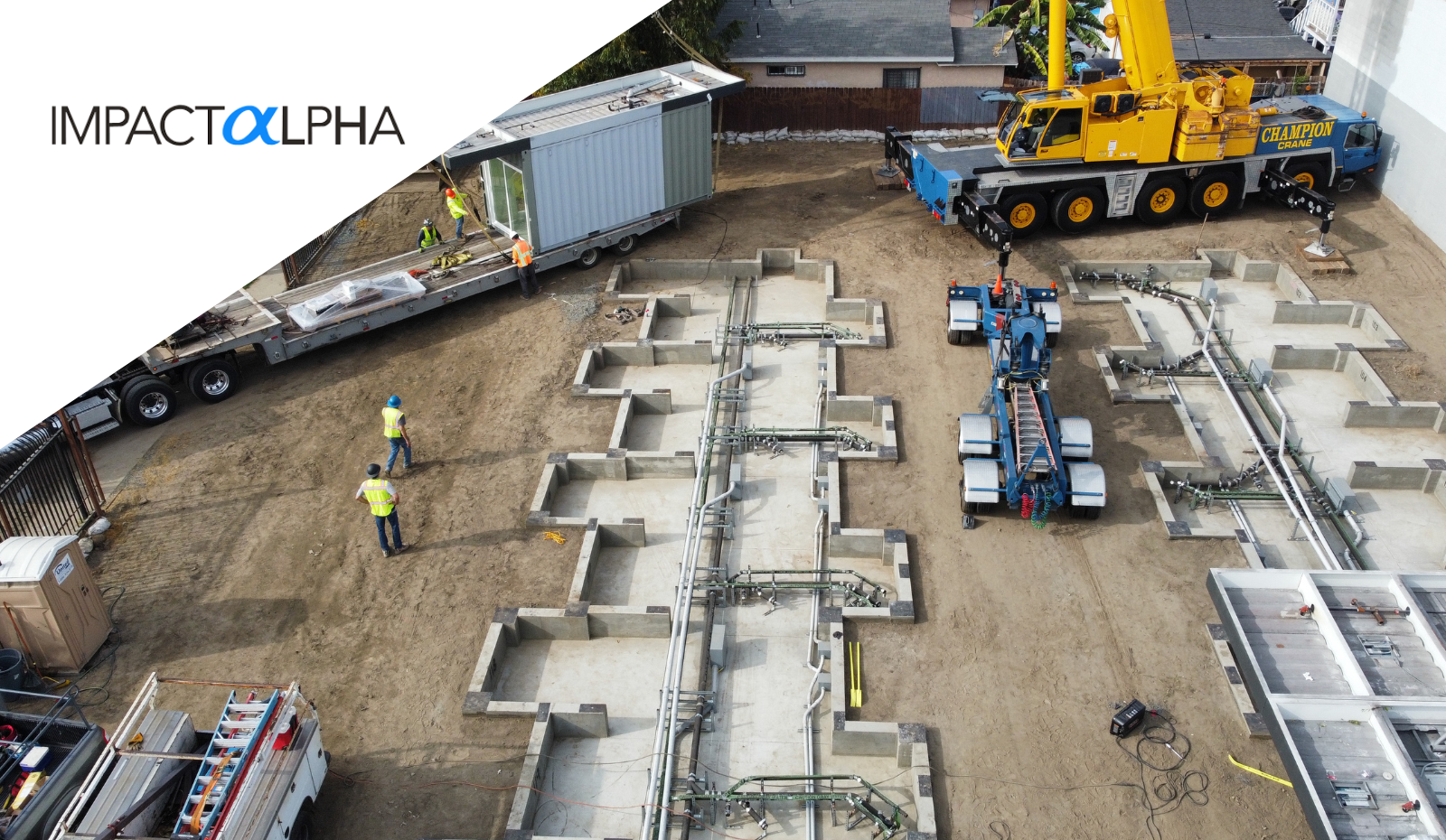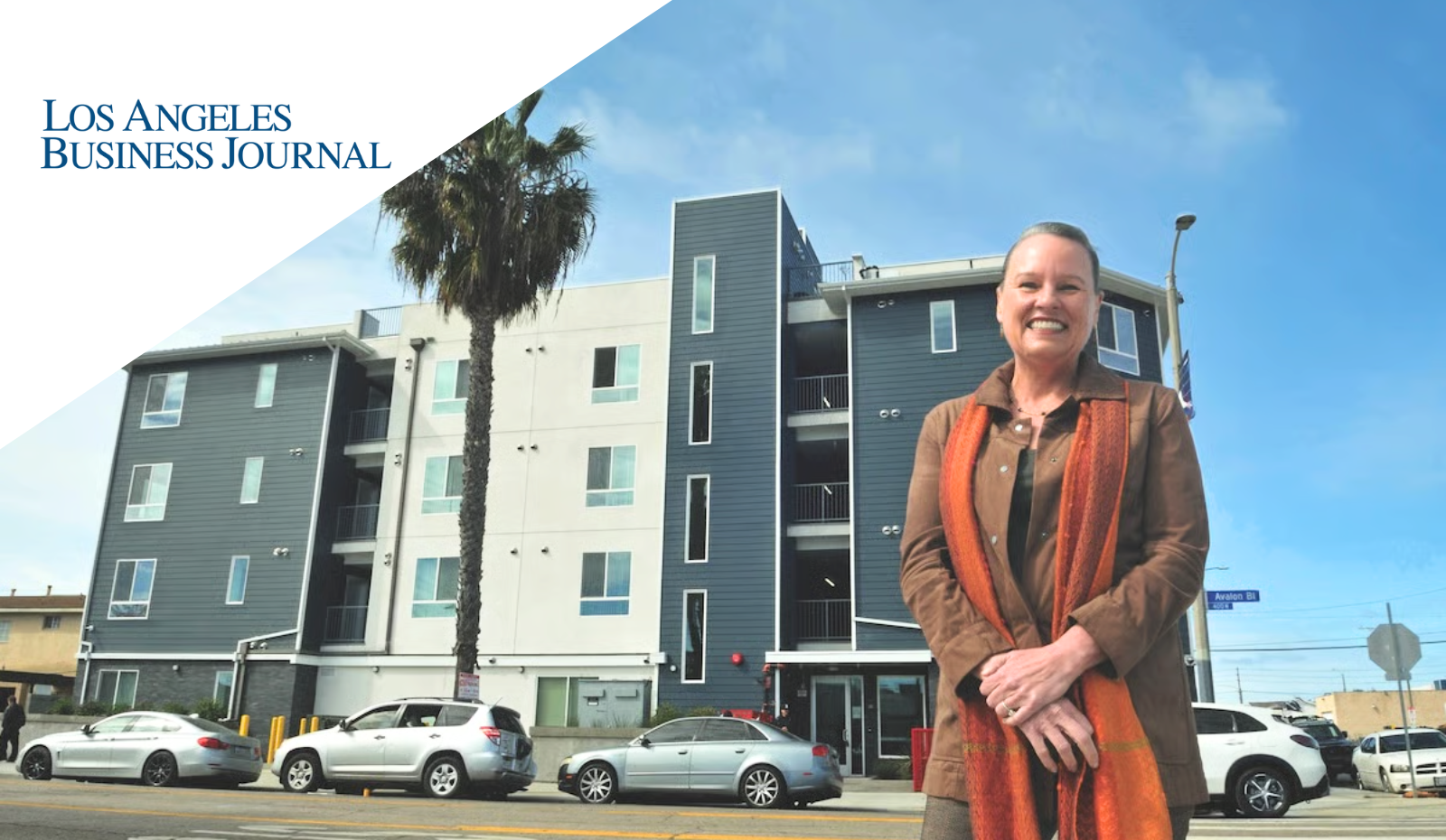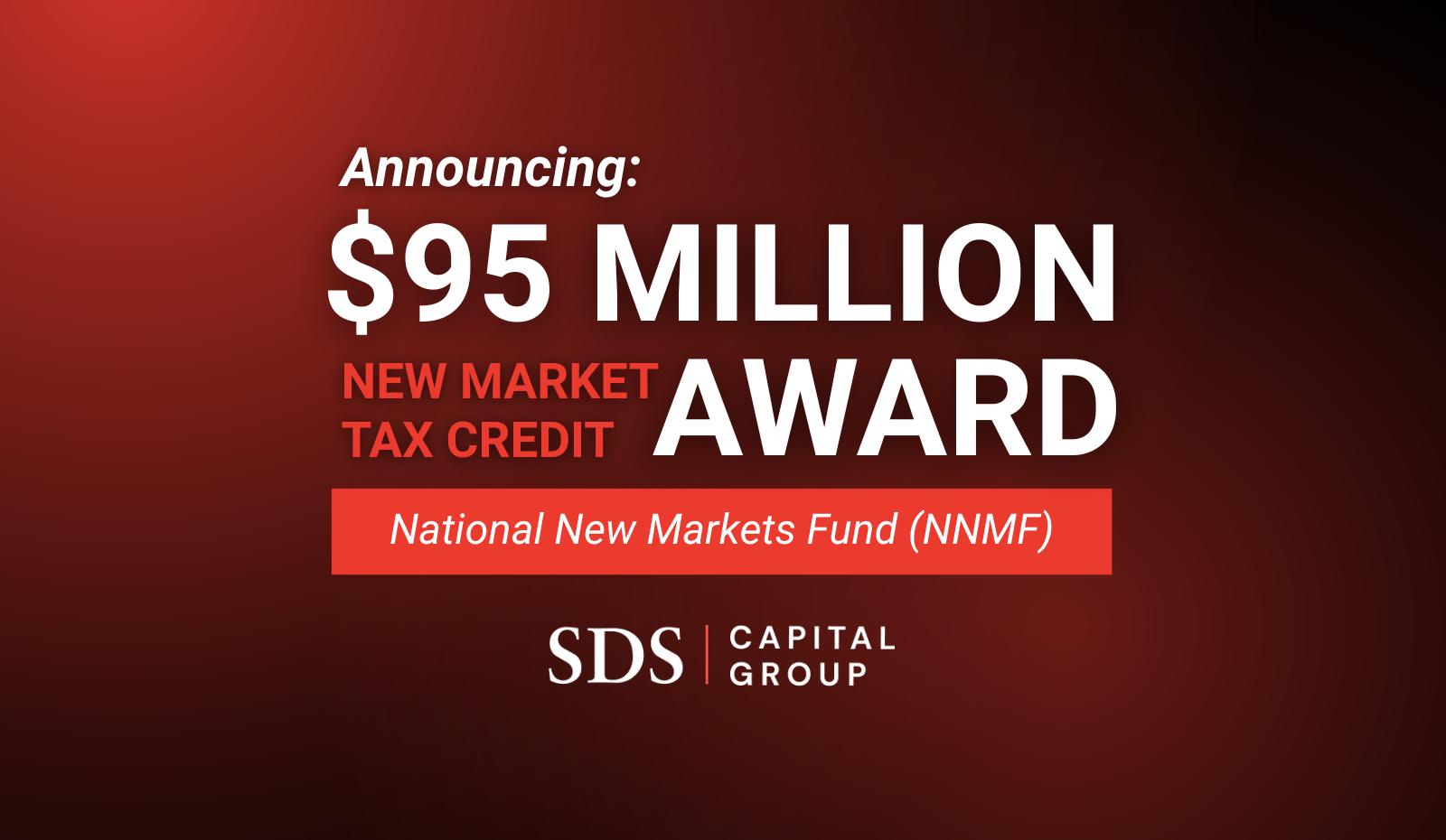SDS Capital Group provides ‘impact debt’ to lower costs of affordable housing
by Roodgally Senatus

Affordable housing developers in the US aren’t waiting for the axe to fall on federally
backed financing programs. They’re pulling together private financing to meet surging
demand for housing and finding cheaper ways to build.
Los Angeles-based SDS Capital, through a new asset-backed lending business, is
looking to originate at least $1 billion in financing over the next 18 months for the
creation of 4,000 affordable housing units in low-income communities, making a small
dent in the national shortage of more than four million affordable homes.
SDS, which has typically focused on equity financing, is seeking ways to lower
borrowing costs for affordable housing developers as well. Higher debt costs “really put
deep strain on these affordable housing deals,” SDS Capital’s Deborah La
Franchi told ImpactAlpha.
The debt strategy is targeting large development projects and is looking to secure $20
million or more in financing. It offers developers below-market interest rates, higher
leverage ratios, and longer amortization timelines than traditional financing sources.
Innovative finance
SDS expects to roll out loans quickly in Los Angeles, where it has already invested
equity in affordable and permanent housing for the homeless, as well as Texas, North
Carolina and Washington state (see, “SDS Capital deploys private equity to finance
permanent housing for homeless Californians”). “We’re seeing an enormous amount of
demand on the developer side,” said Jason Riffe, who is leading SDS Impact Debt.
“There’s a lot of appetite,” including among institutional investors interested in SDS’
bonds, Riffe told ImpactAlpha. By purchasing debt that goes into affordable housing
projects for extremely low-income individuals, Riffe says investors are driving impact as
well as financial returns. He added that SDS expects to bring in between $400 million to
$500 million by August this year.
Going private
La Franchi says SDS Impact Debt is key to integrating debt and equity financing for
impact-focused affordable housing projects nationwide. “We’re looking to help our
sponsors amplify their impact in the marketplace by being a programmatic financial
partner for them,” she said.
SDS has worked with housing developers using historic tax credits and other federal
government programs, but it is uncertain about the future of government funding
sources. There is real concern “about execution and what’s going to happen with those
programs,” La Franchi said. SDS has $1.7 billion in assets under management across five impact funds and co-
investments.



